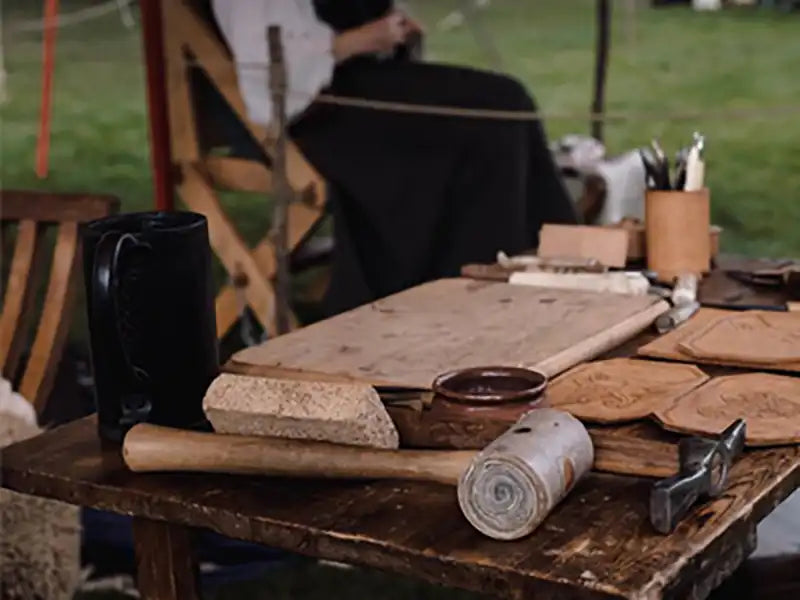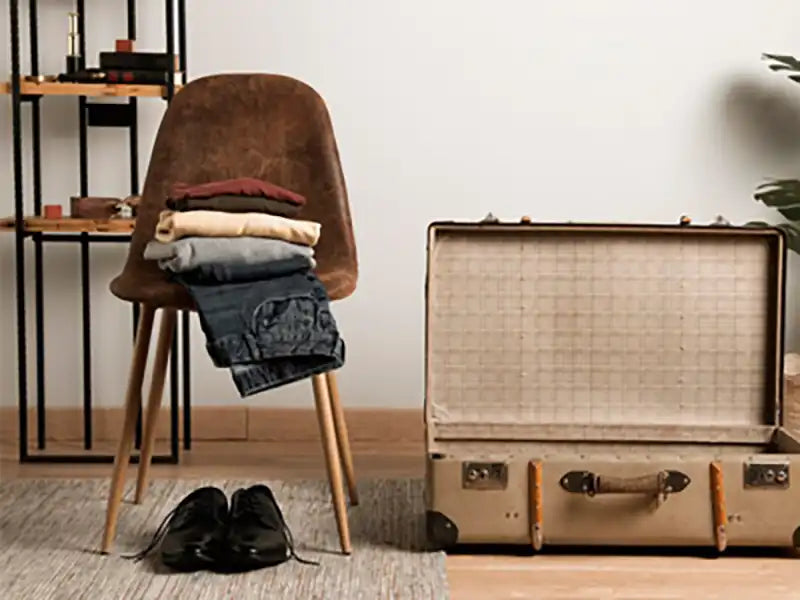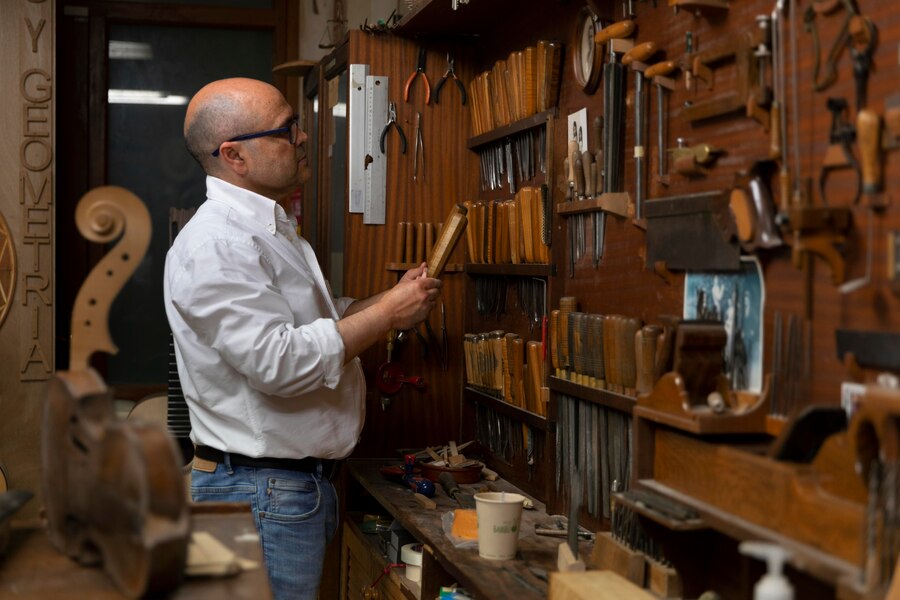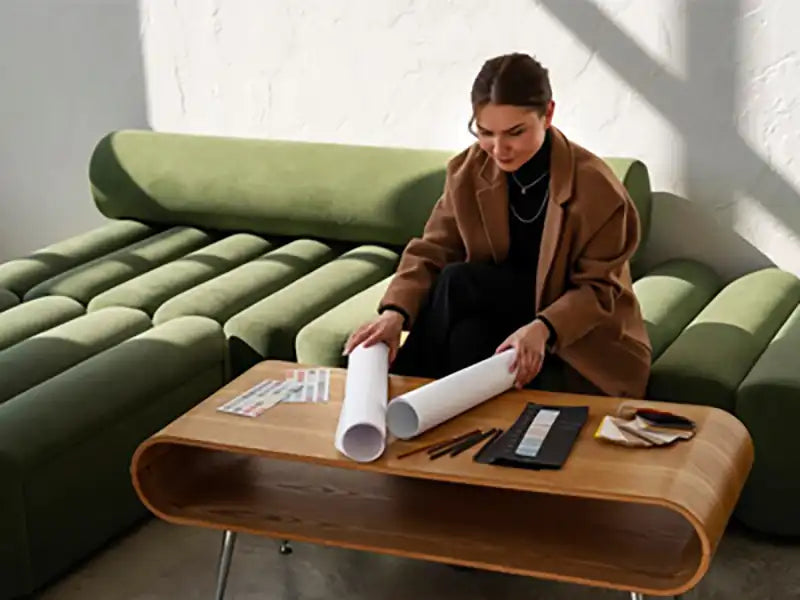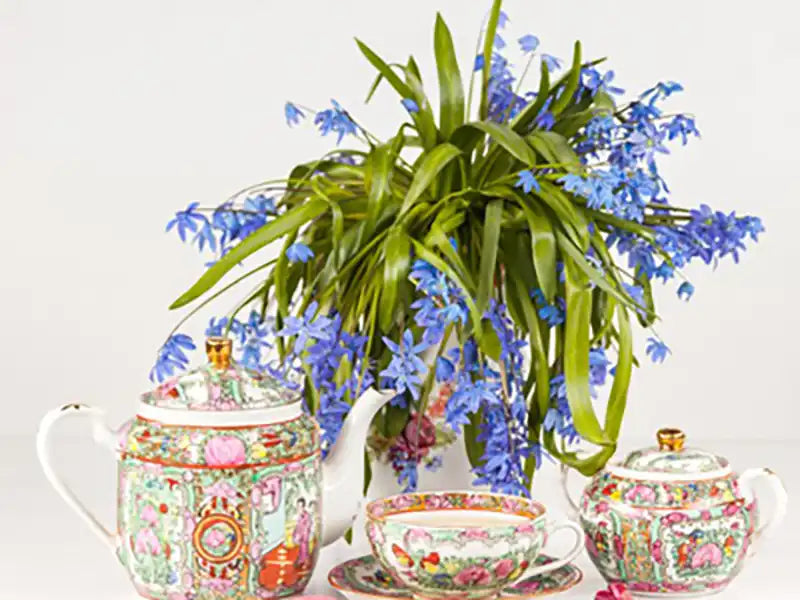Although a variety of houseplants are available to buyers today, buying the right indoor plant is not easy. Plants that are displayed in public places and look cheerful in every way may not be very useful at home. Sometimes, in public places, plants are displayed for rent and returned to greenhouses when they are fresh and fresh. If you want to buy a plant, first answer the following questions and choose from the various plants what really suits you.
Do you want a plant to be on display all year round?
All indoor plants, in any case, show their beauty and freshness in some way all year round. The problem is with flowering plants. Some flowering plants have a limited time, and after their flowering period is over, they no longer have a place in rooms or reception halls.
But among these plants, there are species that can be displayed throughout the year and enjoy the beauty of the viewer Do you want a plant to be on display all year round? All indoor plants, in any case, show their beauty and freshness in some way all year round. The problem is with flowering plants.
Some flowering plants have a limited time, and after their flowering period is over, they no longer have a place in rooms or reception halls. But among these plants, there are species that can be displayed throughout the year and enjoy the beauty of the viewer.
Do you want a plant to be on display all year round?
All indoor plants, in any case, show their beauty and freshness in some way all year round. The problem is with flowering plants. Some flowering plants have a limited time, and after their flowering period is over, they no longer have a place in rooms or reception halls. But among these plants, there are species that can be displayed throughout the year and enjoy the beauty of the viewer.
Do you want a plant to be on display all year round?
All indoor plants, in any case, show their beauty and freshness in some way all year round. The problem is with flowering plants. Some flowering plants have a limited time, and after their flowering period is over, they no longer have a place in rooms or reception halls. But among these plants, there are species that can be displayed throughout the year and enjoy the beauty of the viewer.
How much free time and skills do you have?
Some houseplants adapt to a variety of conditions. Among these plants resistant and stable the following species can be named: Sensoria, Aspidistra (abaya), famous carnivorous plants (if kept dry), cypress (if kept moist). We have named this category "Easy Group Plants".
In contrast to this group, there is another group of plants that are called "delicate and delicate". These include Acalifa, Calathea, Garania and others. Of course, the whole thing depends on the interest, skill and perseverance of the home gardener.
How much would you be prepared to pay for all those benefits to your life?
Most people buy plants in 7.5 to 15 cm pots. They face price differences when buying because some species are much more expensive than others. Professional breeders are very cautious in this regard because they also take into account issues such as growth retardation and reproductive problems. Furthermore, using pot stand to keep pots away from the floor can help the plants get more light and freshness.
So if you want to buy a variety of plants but your budget is limited, it is better to buy small pots to spend less money and with the necessary care, turn them into shrubs or thick shrubs. The best way is to grow a variety of plants by sowing or using cuttings.
How big should the plant you want to buy be and what should its shape be?
Before buying, determine the shape and size of the plant you are considering, depending on the type of leaves or flowers. Of course, prepare the places you want to use to store plants according to the shape, size and type of flowers and leaves.
Can you provide the necessary conditions for keeping plants at home?
Plants need different conditions in terms of light, cold, heat and humidity. When choosing a plant, pay attention to its size and shape. A short plant near and clinging to a bare, tall wall looks completely awkward. Placing a tree species on the edge of a narrow window also does not comply with safety rules. Keep in mind that a young, small Dracaena or Ficus will grow into a large shrub after several seasons indoors.
Plants are divided into six main categories in terms of shape, and almost all houseplants fall into one of these categories. Of course, there are cases where a plant, for example, was initially part of one category, but over time, as it ages, it is transferred to another category.
Grass species
Plants in this group have long and slender leaves and their growth process is like grass. Very few of these plants are used for home breeding because the shape of their leaves is not at all suitable for home interior decoration. Several plants of this category, which have long and very thin leaves, have been named as houseplants; Including Acores. Growing and maintaining a variety of herbaceous plants with broad leaves, such as chlorophyte, is also common in homes. There are also some flowering plants that have herbaceous leaves and have found many enthusiasts everywhere. The most popular of these types are: Bill Regia, Tillandsia.
Shrubs
These plants form a collection of varieties that can not be considered plant groups due to their characteristics. The appearance of these plants is that several stems grow from the surface of the pot, which can be called neither vertical nor absolute horizontal. This growing habit in this group of plants has become standard and acceptable.
Sometimes the stems are short and small and the leaves are dense, like Peperomia, and sometimes the stems are long and the leaves take the shape of a plant, like Aucuba.
Some plants in this category are naturally shrubby, and others need regular pruning to grow. In the first group, the growth of cuttings, which is done naturally, gives the plant a bushy state, and in the second group, for the growth of cuttings and the formation of the plant, pruning should be done at regular intervals and times. Examples of this category are Aki Mans, Begonia, Rex, Cocoon and Maran



